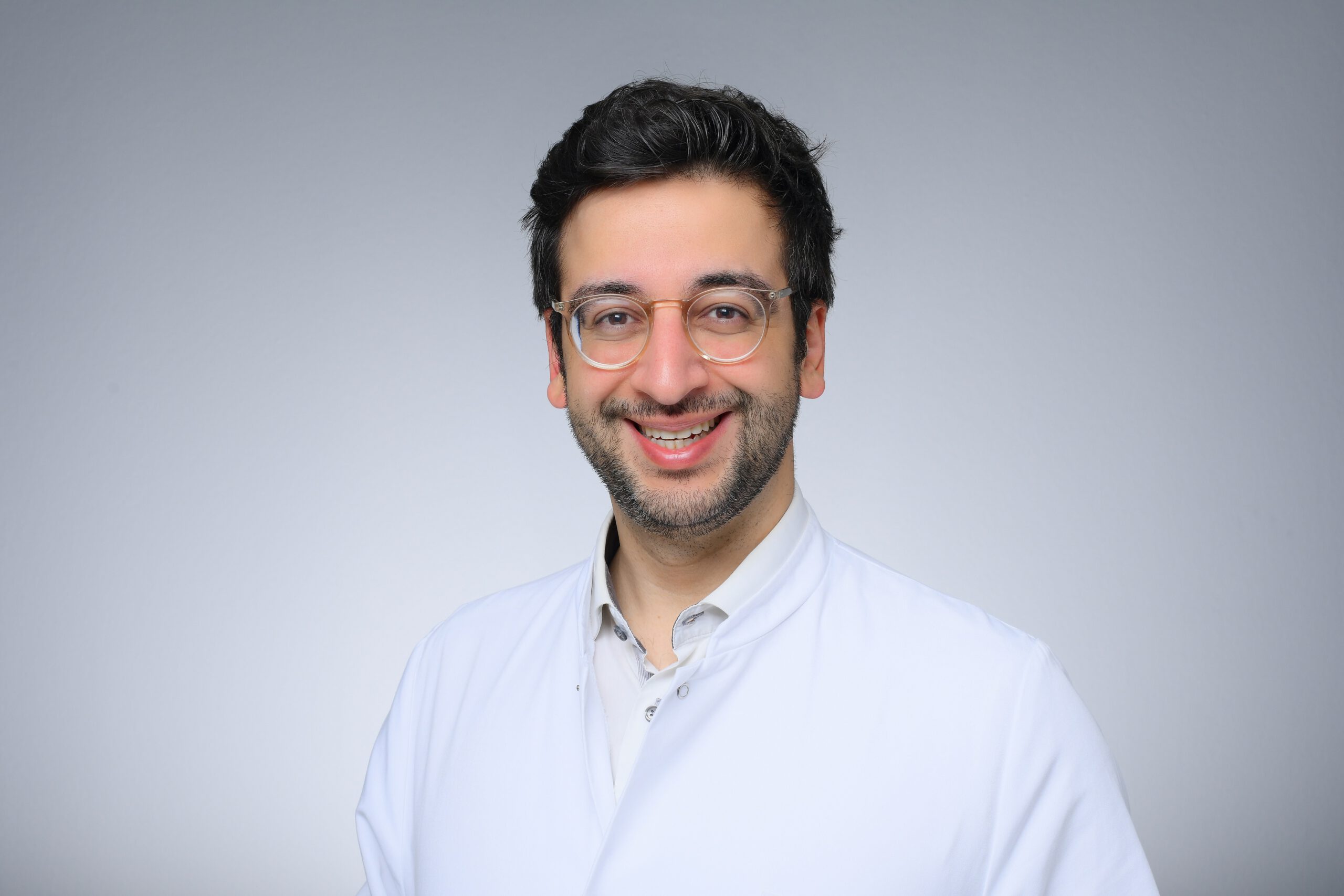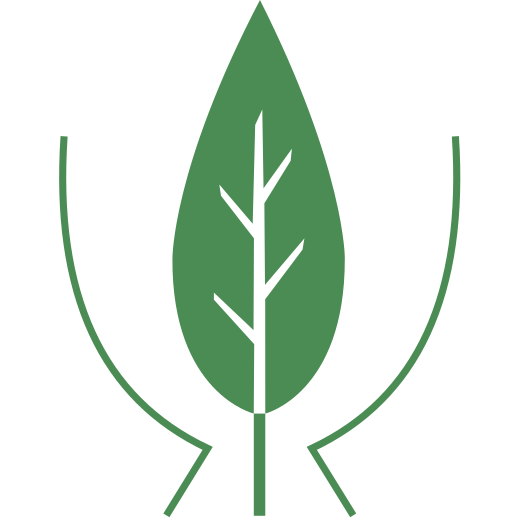BPAN research project in Cologne - inspired by reports from families
Five NBIA patient organizations from Germany, Italy, the Netherlands, Poland and the USA have joined forces to fund a research project with 100,000 euros over two years. The project is investigating a possible mechanism for a temporary improvement in symptoms during and after viral infections, as reported by several families with BPAN sufferers.

PD Dr. Hormos Dafsari, University Hospital Cologne, Germany, Photo: MedizinFotoKöln
PD Dr. Hormos Dafsari, pediatric neurologist and scientist with many years of research experience in rare childhood brain diseases at the University Hospital of Cologne, is leading the work. He is investigating whether a protein called NCOA4 plays a role and whether this connection could be used for future treatments. It is known that viral infections increase the production of NCOA4. The protein regulates ferritinophagy, the process by which ferritin, the main iron storage protein in cells, is recycled. When this process functions normally, cells can safely release and reuse stored iron.
In BPAN patients, ferritinophagy is impaired, which is thought to contribute to the accumulation of iron compounds in brain cells. Researchers have recently shown that NCOA4 levels are low in the cells of BPAN patients - a possible reason for the reduced activity of this process.
Dr. Dafsari wants to find out whether an increase in NCOA4 levels could be responsible for the apparent temporary improvement in symptoms. His team wants to test whether it is possible to specifically increase NCOA4 and thus help the cells to process iron better. To this end, three possible approaches are to be tested in cells obtained from patients:
- Interferon stimulation - mimics a viral infection and could increase NCOA4 activity in the short term.
- Caryophyllene oxide (CPO) - a natural substance found in herbs and spices such as black pepper, basil and oregano. Other studies have already shown that CPO can safely increase the breakdown of ferritin in cells.
- Vitamin E - a well-known dietary vitamin that protects cells from iron-related damage and can reduce oxidative stress.
This project will not yet enable direct treatment. However, it is a crucial first step towards the development of future therapies. By testing in cells, researchers can find out which strategies will later be considered for clinical trials. If successful, the results could provide the basis for real treatment options that alleviate seizures and slow the progression of BPAN and related diseases.
Dr. Hormos Dafsari investigates cellular defense mechanisms in his laboratory at the University Hospital of Cologne in Germany.
https://kinderklinik.uk-koeln.de/forschung/neuropaediatrie/zellulaere-resilienzmechanismen-molekulare-modulation/
